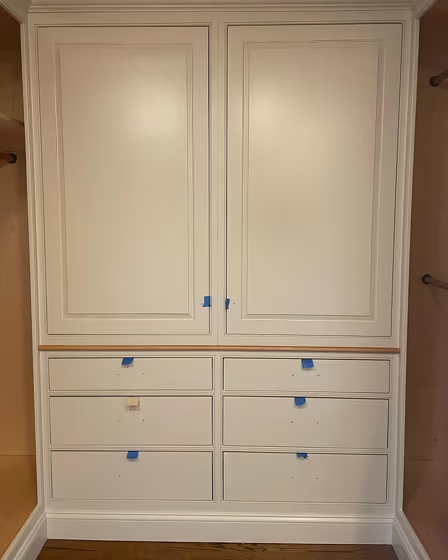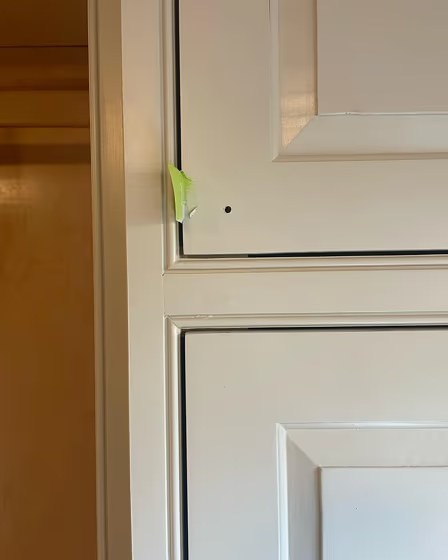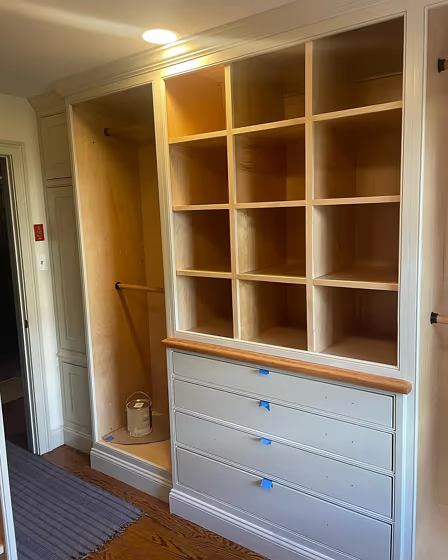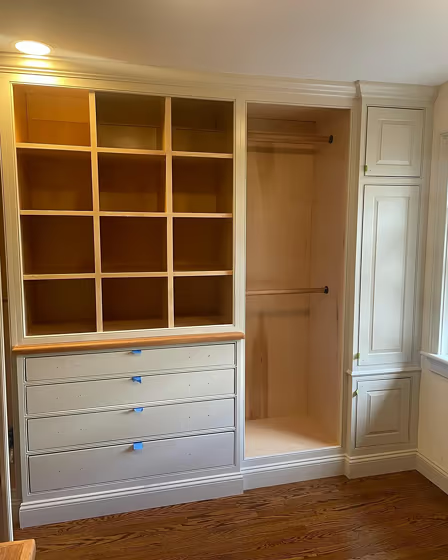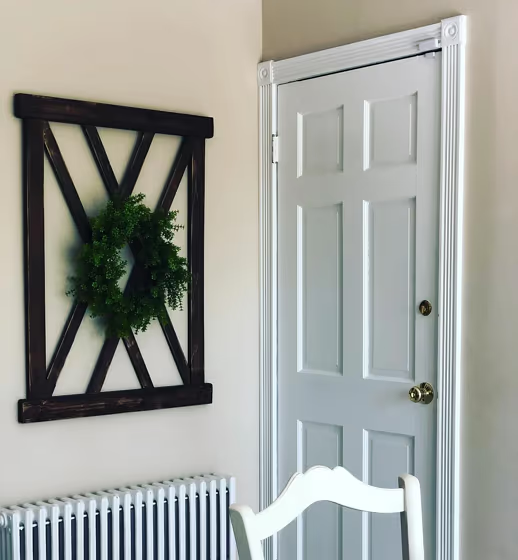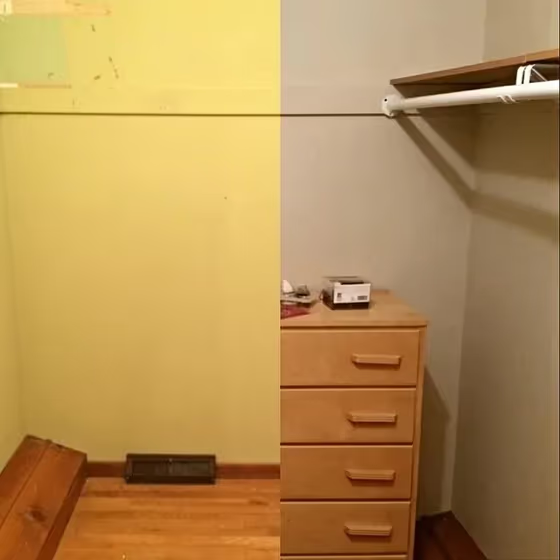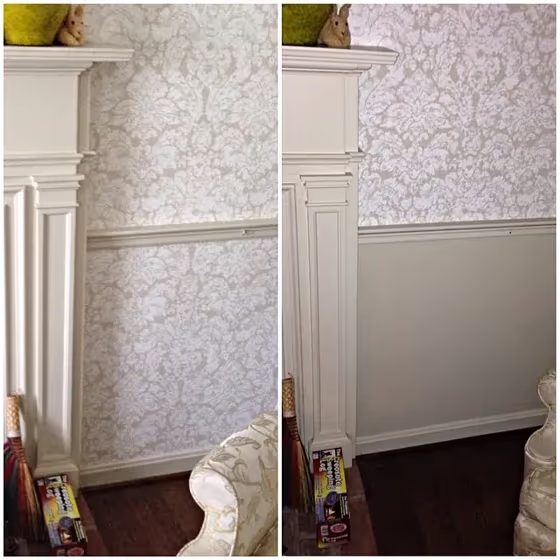Benjamin Moore Timson Sand CW-140
Contentsshow +hide -
- Benjamin Moore Timson Sand reviews (7 photos)
- What are Benjamin Moore Timson Sand undertones?
- Is Timson Sand CW-140 cool or warm?
- How light temperature affects on Timson Sand
- Monochromatic color scheme
- Complementary color scheme
- Color comparison and matching
- LRV of Timson Sand CW-140
- Color codes
- Color equivalents
| Official page: | Timson Sand CW-140 |
| Code: | CW-140 |
| Name: | Timson Sand |
| Brand: | Benjamin Moore |
What color is Benjamin Moore Timson Sand?
Benjamin Moore's CW-140 Timson Sand effortlessly brings a warm and inviting touch to any space. This versatile color pairs beautifully with soft hues like ivory, taupe, and dusty blue, creating a harmonious and soothing atmosphere. Timson Sand blends seamlessly with natural materials like wood and rattan, adding a touch of organic elegance to the room. Complement it with accents in muted greens and blush pinks for a serene and sophisticated look. Whether used on walls or furniture, CW-140 Timson Sand transforms any room into a cozy retreat.
LRV of Timson Sand
Timson Sand has an LRV of 60% and refers to Light colors that reflect most of the incident light. Why LRV is important?

Light Reflectance Value measures the amount of visible and usable light that reflects from a painted surface.
Simply put, the higher the LRV of a paint color, the brighter the room you will get.
The scale goes from 0% (absolute black, absorbing all light) to 100% (pure white, reflecting all light).
Act like a pro: When choosing paint with an LRV of 60%, pay attention to your bulbs' brightness. Light brightness is measured in lumens. The lower the paint's LRV, the higher lumen level you need. Every square foot of room needs at least 40 lumens. That means for a 200 ft2 living room you'll need about 8000 lumens of light – e.g., eight 1000 lm bulbs.
Color codes
We have collected almost every possible color code you could ever need.
| Format | Code |
|---|---|
| HEX | #D8CDB9 |
| RGB Decimal | 216, 205, 185 |
| RGB Percent | 84.71%, 80.39%, 72.55% |
| HSV | Hue: 39° Saturation: 14.35% Value: 84.71% |
| HSL | hsl(39, 28, 79) |
| CMYK | Cyan: 0.0 Magenta: 5.09 Yellow: 14.35 Key: 15.29 |
| YIQ | Y: 206.009 I: 12.982 Q: -3.897 |
| XYZ | X: 58.906 Y: 61.765 Z: 54.705 |
| CIE Lab | L:82.788 a:0.483 b:11.33 |
| CIE Luv | L:82.788 u:7.684 v:16.418 |
| Decimal | 14208441 |
| Hunter Lab | 78.591, -3.744, 13.744 |



